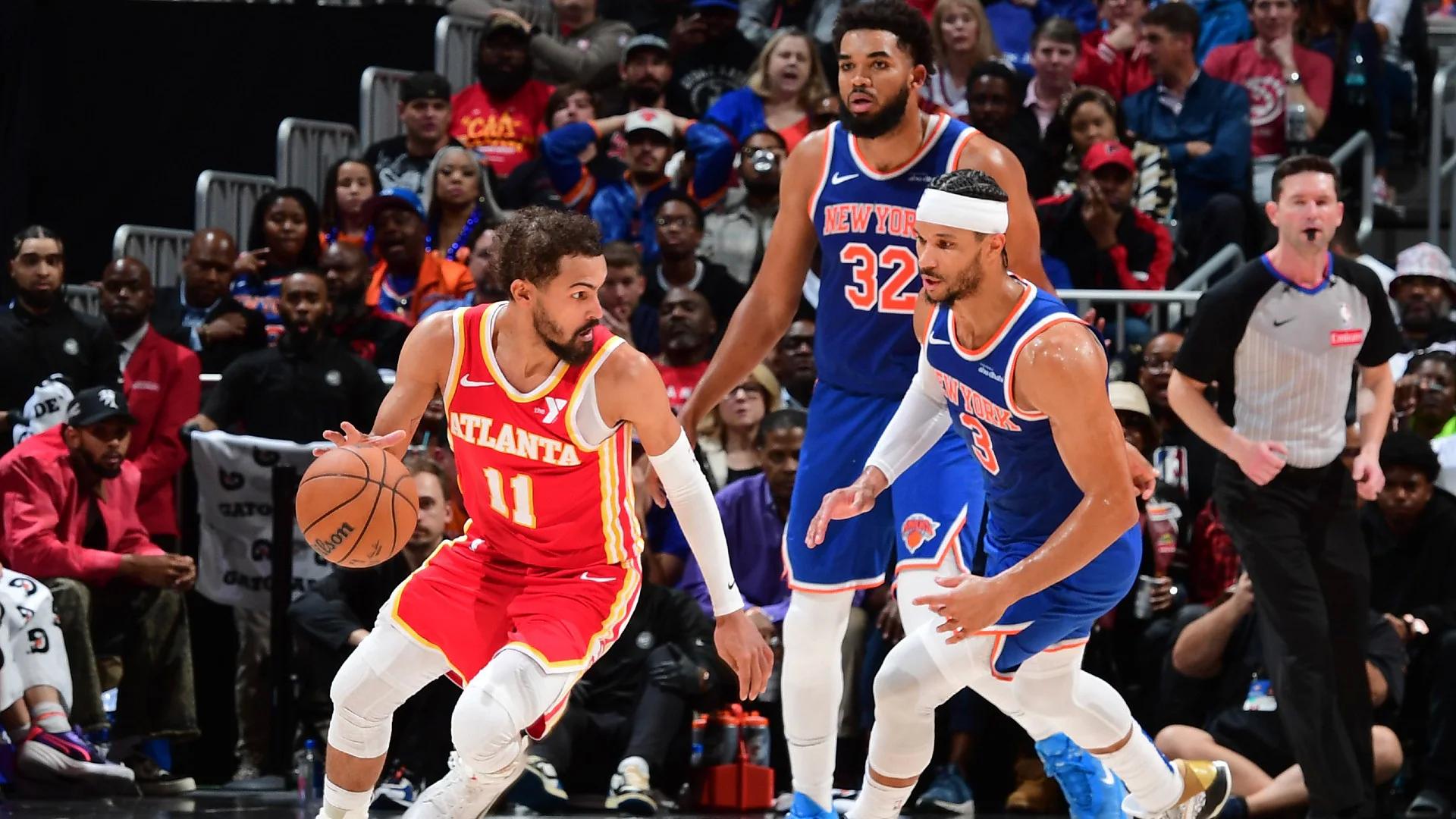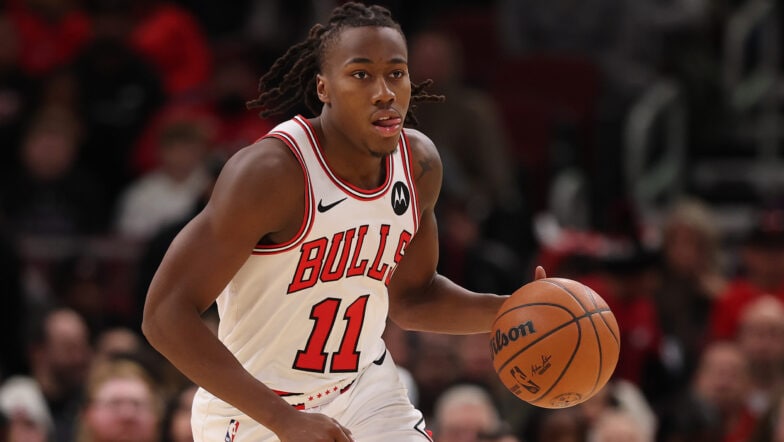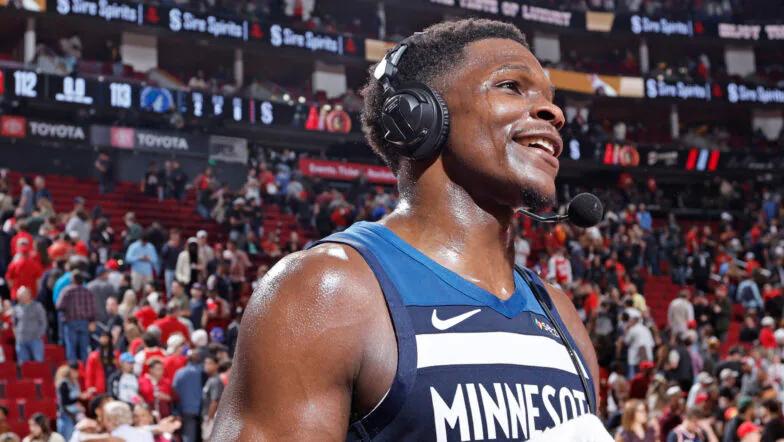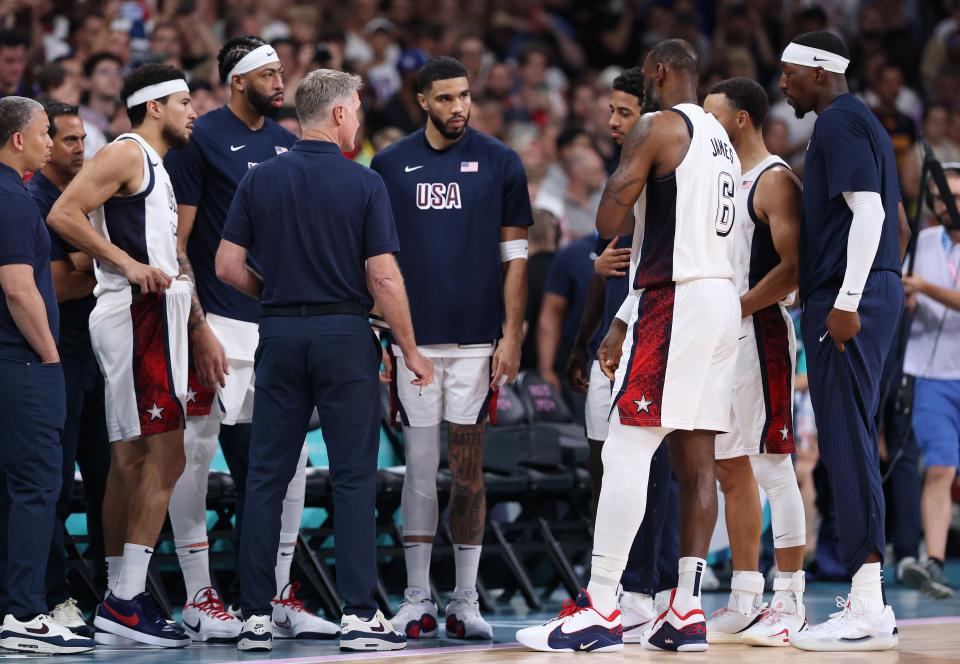Livingston's reasoning behind why Warriors' NBA dominance is unlikely to be replicated

Livingston's view on why Warriors' NBA dominance will remain unmatched was featured on NBC Sports Bay Area.
They were the right team at the right moment, with the right mentality and serendipitous financial timing. Which is why it will be decades, if ever, before another NBA team reaches the heights of the 2014-19 Warriors.
Five seasons, five trips to the NBA Finals.
Three championships – and a “five-peat” was conceivable if not for league intervention and a sadistic week from the gods of health.
The last five of Shaun Livingston’s 15 NBA seasons were with those Warriors. He owns four championship rings, three as a player and one in 2022 when he returned as an executive with the franchise. Five years into retirement, he leaned into the memories on NBC Sports Bay Area’s Dubs Talk podcast.
“How did we do it? Throw a little luck, sprinkle some luck in there with injuries,” he said. “Obviously, we got bit at the end.”
That’s a reference to Golden State losing Kevin Durant to a ruptured Achilles’ tendon in Game 5 of the 2019 Finals against the Raptors in Toronto and then losing Klay Thompson to a torn ACL in Game 6 at Oracle Arena in Oakland. The Warriors won Game 5 and had an 85-80 lead in Game 6 when Thompson limped off the floor late in the third quarter. Toronto came back for the series-clinching victory.
Nothing was ever the same with the Warriors. Except the memories.
“We had the right personnel,” Livingston said. “The personnel really mattered. Obviously great players, but also (our) locker room. We had a really solid foundation, which is super underrated in professional sports with the salaries and all the status that professional athletes have and the attention they garner.”
“And then I think it was just our time. At the end of the day, it was really our time.”
Livingston was 28 when his arrival in the summer of 2014 coincided with that of first-time coach Steve Kerr. Stephen Curry was 26. Klay Thompson and Draymond Green each 24. The incumbent veterans were David Lee (31), Andre Iguodala (30) and Andrew Bogut (29).
Kerr and his staff added a wrinkle or two to the solid defense built under predecessor Mark Jackson while unlocking the team’s vast offensive potential. The results included a franchise-best 16-game win streak, Curry and Thompson making the All-Star team and a 67-15 record that was the best in franchise history.
The Warriors were singing in unison on charter flights. There was music thumping during practices. There were bowling days. Even trips across the concourse to hit baseballs at the Coliseum.
Those Warriors were, in their own way, a revolutionary cool breeze in the NBA. An environment unlike anything Livingston had experienced with his previous eight NBA franchises.
“My 10th year in the league, journeyman, obviously scratching and clawing,” he said. “And it's a business. It's serious. You're trying to figure it out, wins and losses.
But the difference in coming from my journey to the Warriors was just the lightness that you felt around practice. And it starts with Steph. The way that he operates. There's a seriousness from the standpoint of competition. But from a competitive level? Him, Klay and Draymond, I’ll put them up there with anybody that I played with, as far as the most competitive guys. They know how to turn it on.
“But from the standpoint of striking that balance, I don't know if I’ve ever played with someone like Steph. Just the overall perspective of life, playing a kid’s game, being able to enjoy what you're doing.”
The Warriors were even better on Year 2 under Kerr, winning their first 24 games and posting a 73-9 record that dropped jaws around the league and put them in the record books. They took a 3-1 lead in the NBA Finals the NBA hit Green with a one-game suspension. Golden State lost the next three games, and the series.
The Warriors in the aftermath endured 16 sleepless nights before exploiting the financial sweet spot that allowed them on July 4th to receive perhaps the greatest consolation prize in sports history: Kevin Durant.
What followed in 2016-17 was another 67-15 season, punctuated by a 16-1 postseason and a parade through the streets of Oakland. The Warriors were bullies of the NBA and a full-fledged global phenomenon. They repeated in 2018 but broke down in the 2019 Finals.
“It takes a lot,” Livingston said of the five consecutive extended seasons. “It takes a lot of togetherness. The chemistry, the star power, the talent of course. But then also some luck as well, with guys being healthy, being in their primes as well. And being able to see guys in their prime.
“That's why that ride was so special. You got the chance to see some of the greatest players to play, in their primes, teaming up, playing together. And I think that's why we were able to get there five straight times.”
Five seasons of September-to-June basketball might have taken a toll. Golden State over that span averaged 103 games. Its 515 total games are the equivalent of six regular seasons plus 23 more games.
This puts into perspective the “emotionally and physically, guys are gassed,” comment by Denver coach Michael Malone when the 2023 champion Nuggets were ousted from the playoffs in May after one 102-game season.
No team has repeated since Golden State in 2018. No team has gone to consecutive Finals since the Warriors in 2019. It’s a different league, with increasingly restrictive luxury-tax implications and fewer teams able – or willing – to keep rosters relatively intact beyond a season or two.
“They're making it a lot harder,” Livingston said of the Collective Bargaining Agreement. “I think that's the goal, honestly, from a league standpoint. It's just to create that parity, create more competition, create the suspense.”
Can the 2024 champion Boston Celtics make The Finals their home for the next four seasons? They retained their key players. That’s a great start for one more run, but four more feels inconceivable.
Download and follow the Dubs Talk Podcast
RELATED STORIES



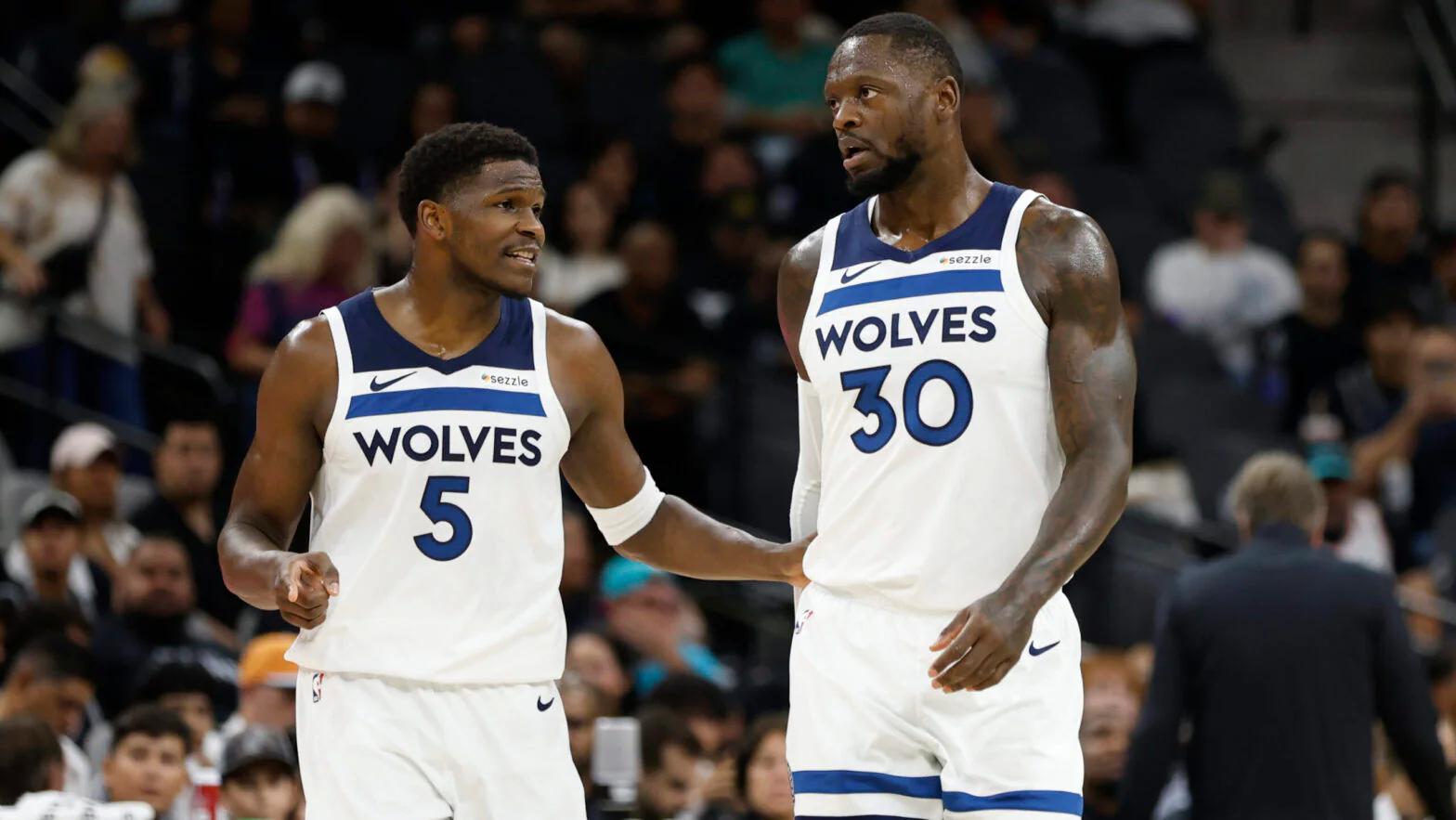

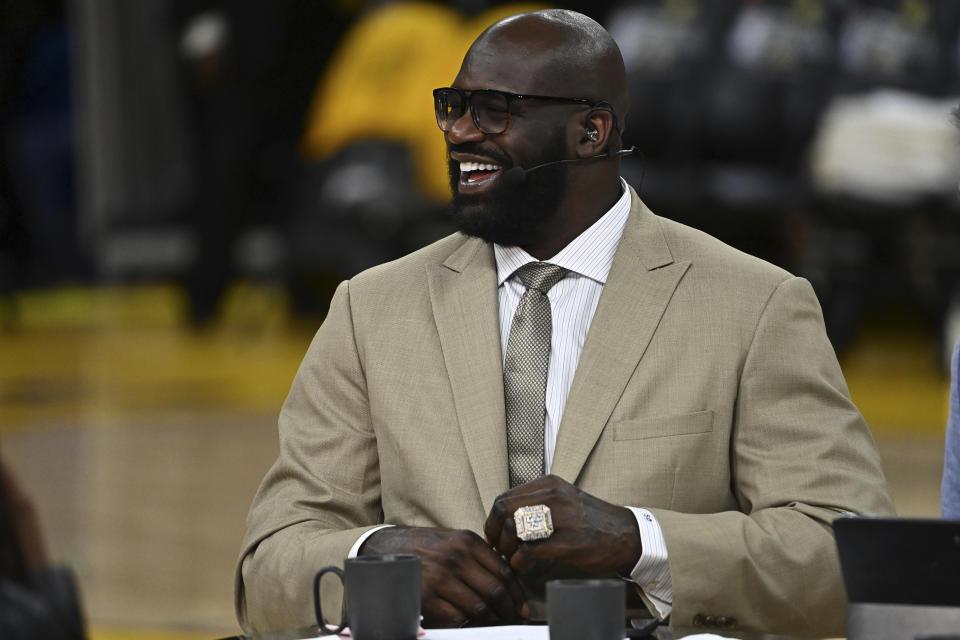
LATEST NEWS


